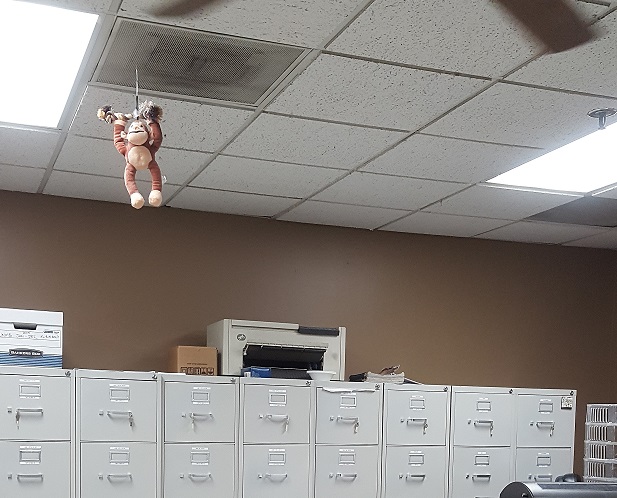Discrimination in the workplace may be difficult to define but when it occurs, you should be aware and ready to take action. Under no circumstance is employment discrimination okay. It is important to know what qualifies as unfair and what factors you should consider before filing a lawsuit against an employer. Understanding employment discrimination in the workplace is vital when it comes to knowing what you must do if it ever happens to you.
So What Exactly is Employment Discrimination?
Employment discrimination occurs when a job seeker or an employee is treated unfavorably or unfairly because of his/her race, skin color, national origin, sex, age, disability, religion, genetic information etc. Workplace discrimination also extends beyond hiring and firing, for example, suggesting preferred candidates in a job ad, denying certain employees benefits or compensation, and discrimination while issuing promotions and lay-offs. There are many more different forms of employment discrimination and laws to protect employees. Listed below are some of the most common cases:
Racial Discrimination – Racial Discrimination takes place when a potential employee, employee or a group of employees are treated differently or unfairly based on their race or because of characteristics associated with race including facial features, hair, or color of their skin. Title VII of the Civil Rights Act of 1964, prohibits discrimination based on race as well as color, religion, sex (including pregnancy), national origin, age (40 or older), disability or genetic information.
Age Discrimination – Age Discrimination comes about when an employee is treated in an unfair manner because of their age, for example, being treated poorly because you are ‘too old’. The Age Discrimination Employment Act (ADEA) protects employees who are 40 years old and older. In addition, under the NYHRL, Section 3-a, it states that it is unlawful for any employer to refuse employment or compensation to any person 18 years old and older because of their age.
Gender, Sexual Orientation, and Hostile Workplace Discrimination
- Equal Pay-Gender discrimination includes sexual discrimination and/or sex-based discrimination. This occurs when any employer treats an employee in an unfair way or inequitable manner based merely on gender. This includes equal pay for men and women which is federally protected under the Equal Pay Act of 1963.
- Sexual Orientation-Sexual Orientation discrimination also falls under this category when being homosexual, heterosexual, bisexual or trans gendered impacts the way you are treated in the workplace or during the recruiting process. This kind of discrimination is protected under the Civil Rights Act and would be further be protected in a bill that is still awaiting passage by congress called the Employment Non-Discrimination Act (ENDA).
- Sex/Hostile Work Environment– Also protected under the Civil Rights Act, Sex/Hostile Work Environment is discrimination based in a sexual hostile environment. The “hostile environment” law also applies to harassment on the bases of race, color, national origin, religion, age, and disability.
National Origin & Religion Discrimination – Our country is widely mixed with people from different parts around the globe. National Origin discrimination occurs when an employee is ignored and/or treated poorly because of his or her accent, nationality, or ethnicity. Companies are required to fairly accommodate an employee’s religious and cultural beliefs as long as they don’t negatively interfere with the workplace environment. This act of discrimination is protected under Title VII of the Civil Rights Act.
Disability Discrimination- The Disability Discrimination Act focuses on the specific needs of the blind, partially blind, physically or mentally handicapped or people with disabilities. Disability is defined by the Americans with Disabilities Act of 1990 (ADA) as a physical or mental impairment that considerably limits a major life activity. Discrimination includes denying employment opportunities to people who are disabled but qualify for the position or not accommodating the known physical/mental limitations of disabled employees
Pregnancy Discrimination-There are laws that protect pregnant women and people with disabilities under the Civil Rights Act and the Pregnancy Discrimination Act. Pregnancy, childbirth, and related medical conditions must be treated in the same way as other temporary illnesses or conditions. Additional rights are available to women and others under the Family and Medical Leave Act (FMLA), which is enforced by the U.S. Department of Labor.
If you feel you may be a victim of employment discrimination, let us help you protect your rights. Call the Law Offices of Valli Kane & Vagnini today for a free consultation.









